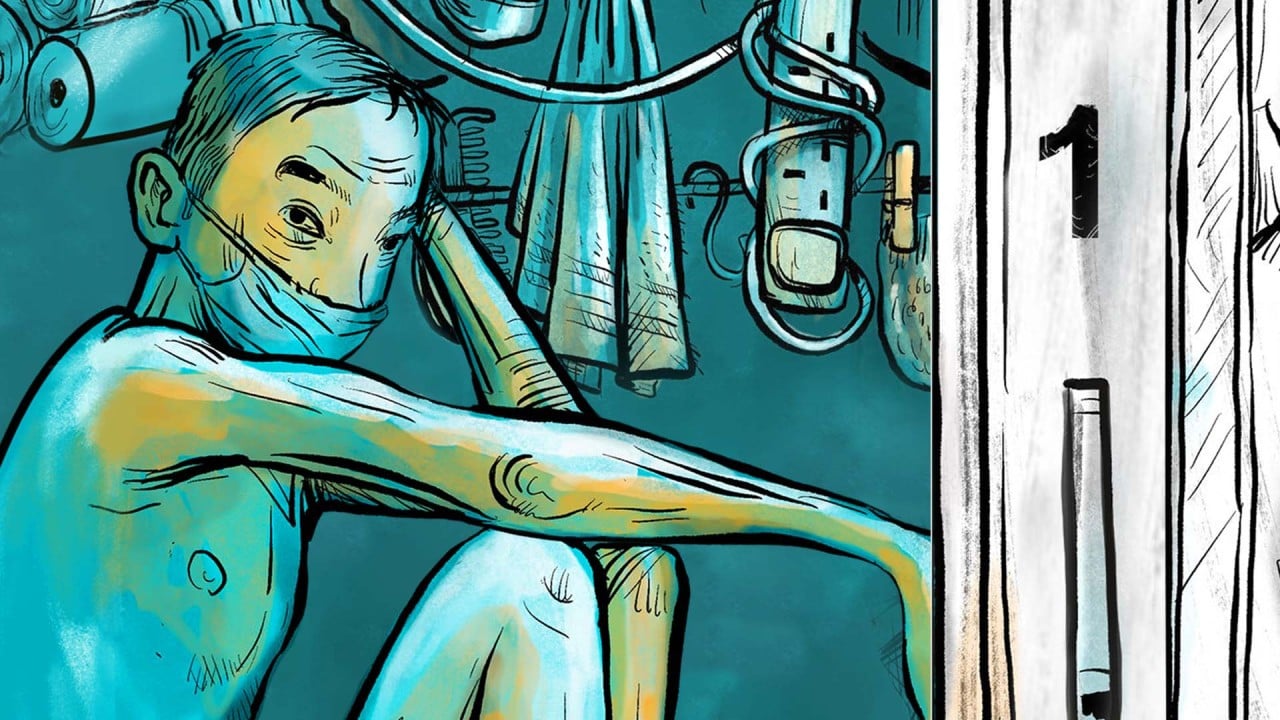
Hong Kong’s 13-year housing market rally is all but over as November home prices plunge by most since financial crisis
- The lived-in home price index sank 3.3 per cent in November, the biggest drop since November 2008
- Barring a miraculous recovery in December, a 13-year annual rally in the city’s house prices is at an end
“The next home price index for December will see a decline of about 2.5 per cent,” said Derek Chan, head of research at Ricacorp Properties. “Annually, the home price is expected to fall by 16 per cent, ending the 13 consecutive years of the rally from 2009 to 2021.”
In the first 11 months of this year, home prices have fallen by 13.8 per cent. From a peak of 398.1 in September last year, the home price index is down by 14.75 per cent.
In November, “the housing market was at its worst moment,” said Louis Chan, Asia-Pacific vice-chairman and chief executive of the residential division at Centaline.
The Hong Kong Monetary Authority in mid-December raised the city’s base rate by 50 basis points to 4.75 per cent, close to the 5 per cent record last seen in January 2008.
“Due to the rapid deterioration of the local and global economic outlook, the overall market sentiment is weak. The official index will continue to fall in December,” said Martin Wong, director and head of research and consultancy for Greater China at Knight Frank.
First-hand and second-hand transaction volumes will hover around 3,000 to 4,000 per month in the next quarter, Wong added. For comparison, in April 2021 when the market was in better shape, lived-in home sales alone came to 6,510.
The city’s property agencies are slashing headcount amid the slump in sales.
“Real estate agents are facing unprecedented challenges,” said Freddie Wong, chairman of Midland Holdings. The most intense “war of elimination” in the history of the industry has broken out, and the unemployment rate among agents has soared, he added.
“With the plunge in Hong Kong’s property turnover, there was an unprecedented heavy loss,” said Wong. “We had to immediately take the same actions as our peers, such as reducing the number of shops and letting front-line employees leave.”
The wave of unemployment in the agency industry will reach its peak in January next year, and may even drag down other real estate-related industries, he added.


